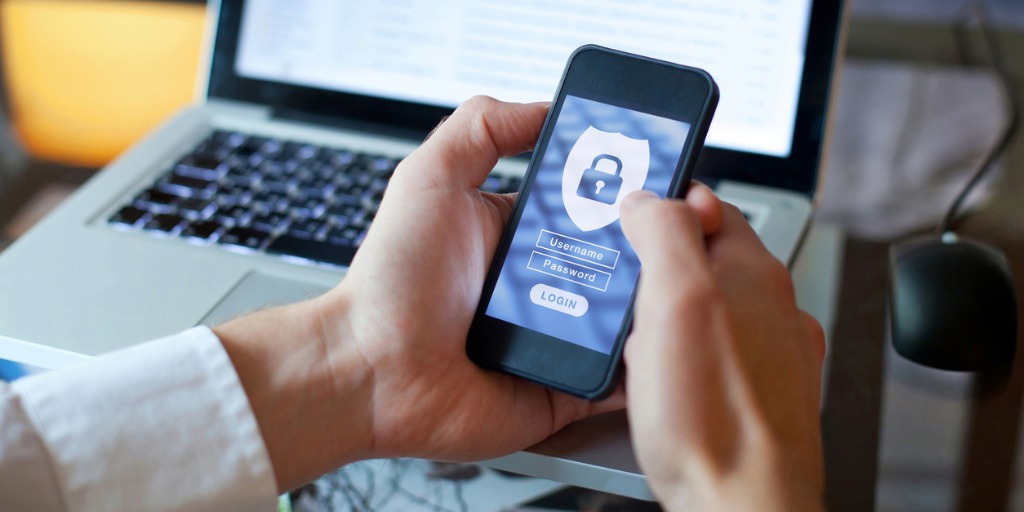
Death and Passwords: How to Gain Access to a Loved One's Digital Assets
June 29, 2020
 By Joe Twidwell
By Joe Twidwell
Senior Vice President & Trust Officer
Imagine for a moment that a loved one has died or had a stroke or accident that left them unable to function.
Beyond grieving, you and your family are now trying to carry on without this loved one. There are bills to pay, so you first try to see what money is in their account. You realize they did not leave a user ID and password! You remember their phone, but the phone is also locked and needs a password.
As time goes by, you uncover even more assets that need managing beyond money: records, notes, names, addresses, music, photos — even their Facebook profile. It's all out there, but how do you get access to it? You will undoubtedly go to the company that controls the information and ask for it (nicely and politely) but the response will be, “Are you the owner? If not, I cannot give that information to you.”
What do you mean you can’t give it to me? I need whaaaat?
Soon you'll find that you are locked out of some sites because you've tried the incorrect password too many times. And so begins the long (and seemingly impossible) process of reclaiming the digital assets of a loved one who has died without leaving their written authorization and credentials behind.
The good news is, there is hope. Here are some tips to follow, for anyone who is attempting to access a deceased loved one's digital assets:
1. Act promptly.
Some companies lock down accounts if they detect information that the owner has died. In addition, some companies delete information or account records after a certain time.
2. Gather and protect.
Gather and protect the information storage you have. Find any electronic devices the person owned like phones or computers — including any old phones or computers they might not have been using right at the time of their death. Additionally, carefully look for files or notebooks where the person may have saved lists of information. If you are very fortunate, you may even find a signed power of attorney or authorization granting you access to the electronic records.
3. Search and record.
Carefully look under computers, cases, mousepads, keyboard, and behind monitors, on bulletin boards, through desks, drawers and brief cases for small sticky notes or scraps of paper. Make a note of where they are attached or what they are near so you have a clue what they are for. These often contain IDs and passwords (even though security firms say it's not a good practice to leave yourself password notes around your device).
4. Seek professional advice.
Contact the attorney who worked with the person you are trying to help and discuss your situation. They can advise on the correct way to obtain access. Unless you are a joint owner on an account or are the executor of the decedent’s estate, trying to access accounts of the decedent without written authorization may result in legal problems.
Managing your own digital assets
Have you ever given much thought about what happens to your own digital assets when you die? You can avoid leaving your loved ones frustrated by keeping your digital assets top of mind during the estate planning process. Contact us if you would like to discuss your digital assets as a part of your estate plan.